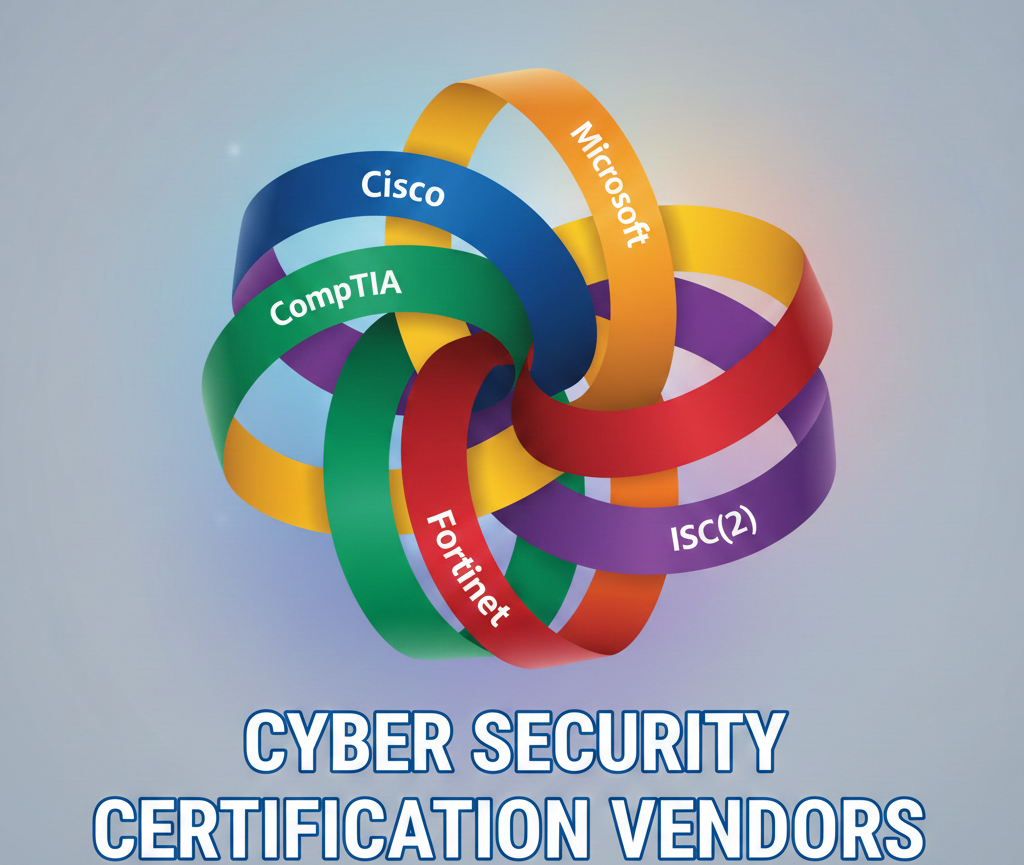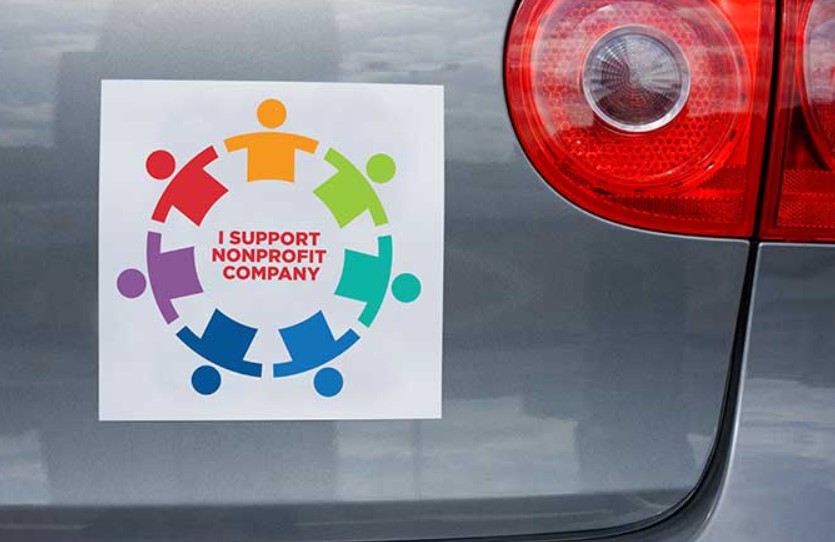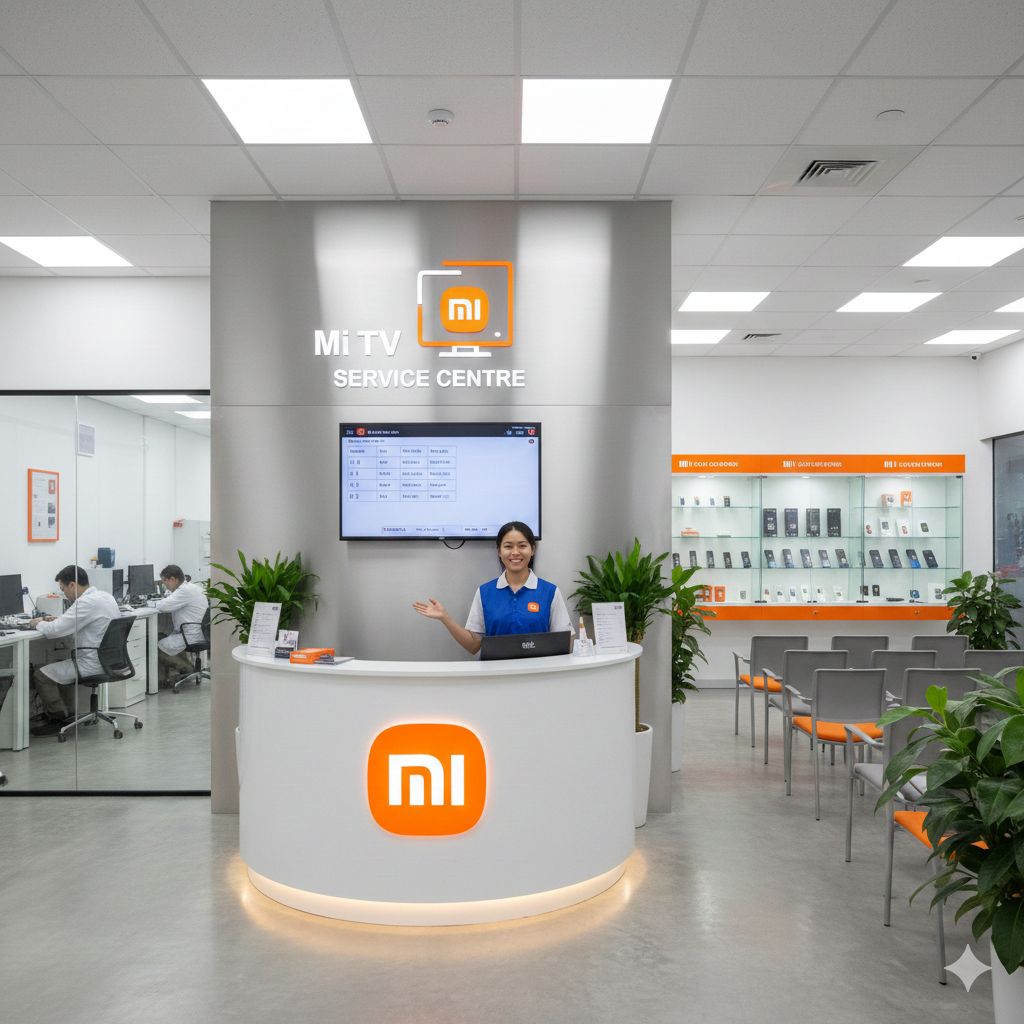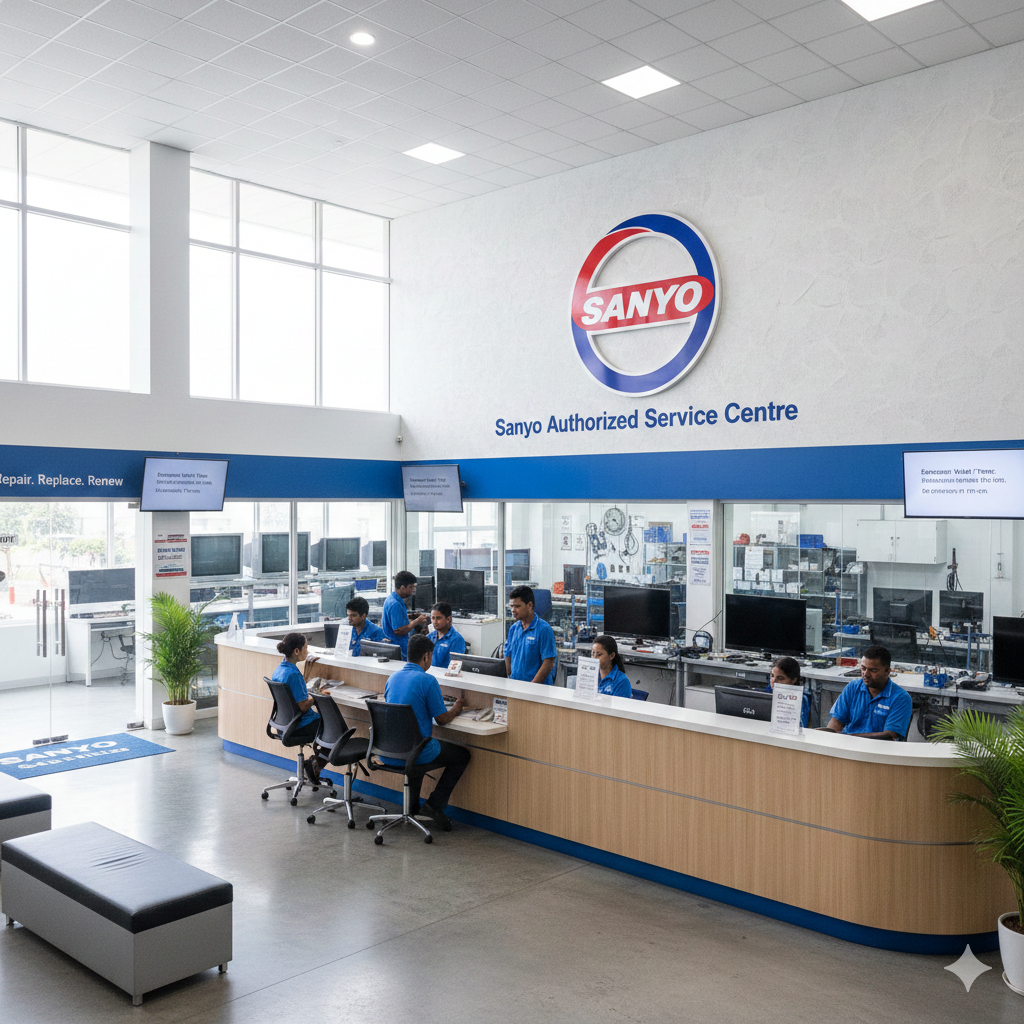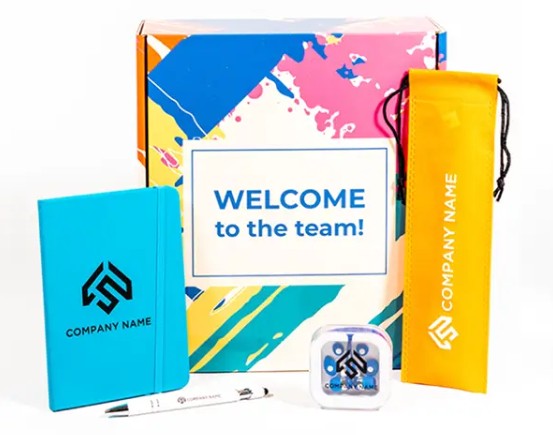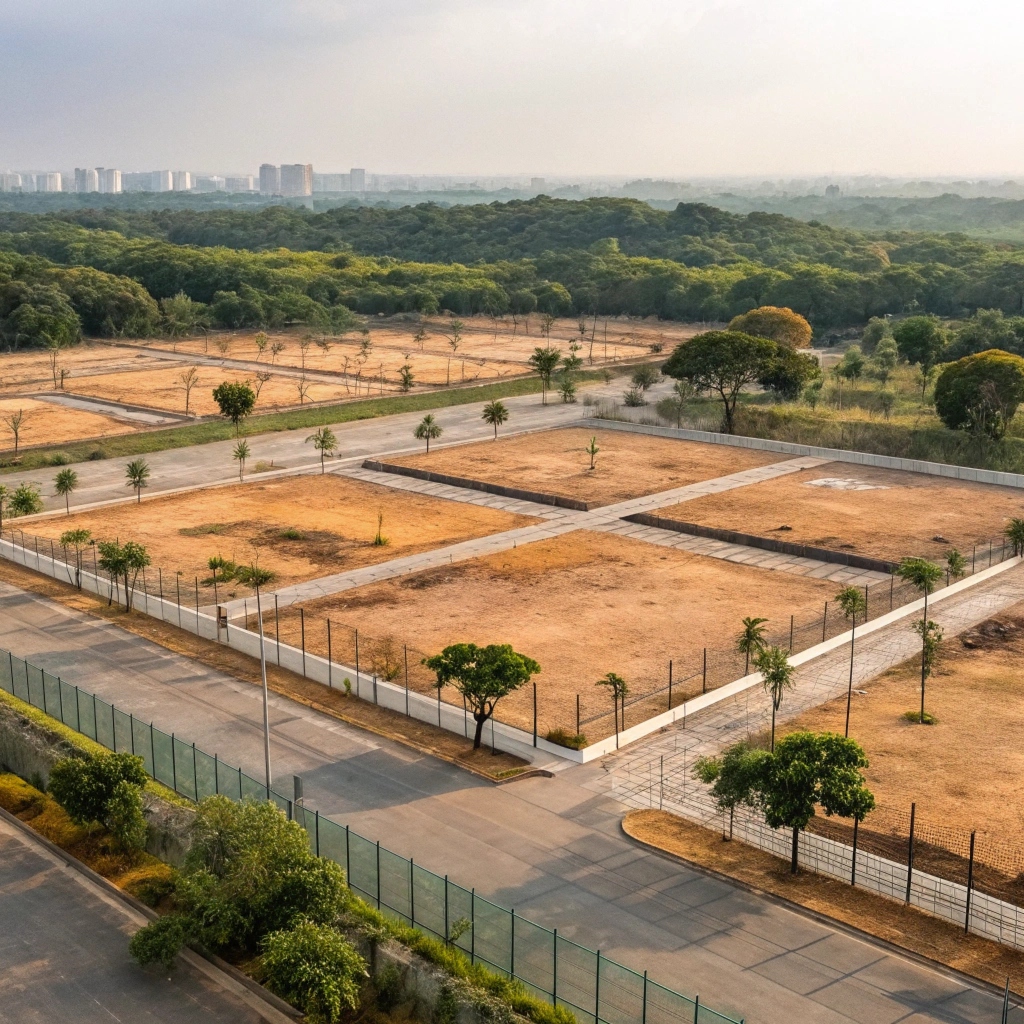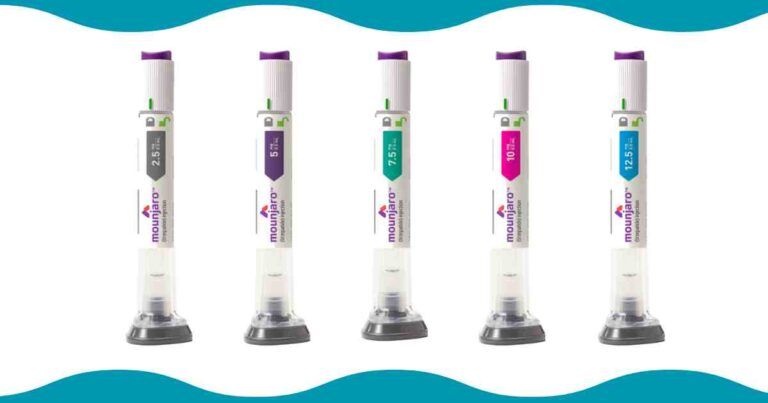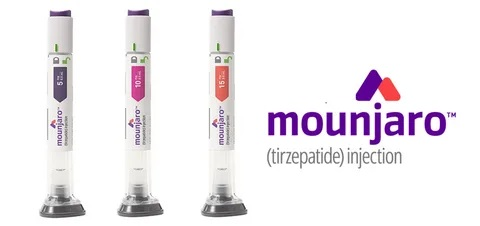ISO 22000 Certification in Pakistan: A Comprehensive Guide

For companies in the food industry, safety and quality are not just essential; they are non-negotiable. From farm to fork, every stage of food production must meet strict standards to safeguard end consumers. That’s where ISO 22000 certification comes in. Recognized around the globe as the gold standard for food safety management systems, ISO 22000 is an essential credential for businesses aiming to meet regulatory compliance, improve credibility, and gain a competitive edge in the market.
In Pakistan, the demand for ISO 22000 certification is climbing steadily as the food industry becomes increasingly focused on meeting international standards. But what exactly does it involve? How can a company in Pakistan benefit from obtaining ISO 22000 certification? And most importantly, how do you qualify for it? This blog will cover everything you need to know to get started.
What Is ISO 22000 Certification?
ISO 22000 certification in pakistan an internationally recognized standard for food safety management systems (FSMS). It is designed to ensure that food products are safe and meet the expectations of both regulators and consumers. Originally developed by the International Organization for Standardization (ISO), the certification outlines guidelines for businesses to manage and control food safety hazards across the entire supply chain.
The ISO 22000 standard is applicable to all organizations in the food chain, including growers, processors, suppliers, manufacturers, storage facilities, and even distributors. The primary focus of ISO 22000 is to minimize food safety hazards by integrating best practices from Hazard Analysis and Critical Control Points (HACCP) principles with ISO’s management system requirements.
If you’re running a food-related business in Pakistan, this certification can elevate your brand by demonstrating a systematic approach to maintaining high safety and quality standards.
ISO 22000 Certification in Pakistan
The increasing globalization of trade has made ISO 22000 certification essential for Pakistan’s food industry. Many international importers demand it before agreeing to trade deals, and with the rise in food exports, companies in Pakistan cannot afford to lag behind.
For Pakistani businesses, achieving ISO 22000 certification is more than just about adhering to global regulations; it’s about gaining customer and stakeholder trust. Whether you’re a local farm producing organic fruits or a large food manufacturer exporting to regions like the EU or the Middle East, ISO 22000 is your gateway to new markets and stronger partnerships.
Getting ISO 22000 certified in Pakistan involves engaging with accredited certification bodies. Some prominent local certifying agencies include the Pakistan National Accreditation Council (PNAC) and international certification providers that have localized services in Pakistan.
Benefits of ISO 22000 Certification
Implementing ISO 22000 in your organization isn’t just a regulatory checkbox; it’s a powerful tool to drive growth and build credibility. Here’s why obtaining ISO 22000 certification in Pakistan is worth the investment:
1. Improves Food Safety
The core objective of ISO 22000 is to ensure food safety across every phase of the supply chain. By implementing its guidelines, businesses can identify, evaluate, and mitigate food-related hazards effectively.
2. Boosts Credibility
ISO 22000 certification adds weight to your business credentials, signaling to both local and international customers that your products meet rigorous safety and quality standards.
3. Expands Market Opportunities
With ISO 22000 certification, you gain access to lucrative international markets that prioritize food safety compliance. This is particularly vital for Pakistani exporters aiming to compete on a global scale.
4. Enhances Operational Efficiency
By adopting ISO 22000, organizations in Pakistan can streamline processes, reduce waste, and improve overall resource management. The focus on efficiency directly impacts the bottom line.
5. Ensures Legal Compliance
Pakistan’s food industry already deals with strict legal requirements from bodies like the Punjab Food Authority (PFA) and the Sindh Food Authority (SFA). ISO 22000 ensures alignment with these local regulations while meeting international compliance standards.
6. Strengthens Consumer Trust
A certified label on your product package fosters trust and signals your commitment to consumer safety, which, in turn, builds long-term customer loyalty.
Implementation Process for ISO 22000 Certification
Implementing ISO 22000 for your business involves a systematic approach that combines meticulous planning and commitment. Below is a road map to help you achieve certification in Pakistan.
1. Understand the Requirements
Before jumping into the process, take time to read and fully understand the ISO 22000 standard. You can purchase a copy of the standard from the ISO website or local standards organizations in Pakistan.
2. Conduct a Gap Analysis
Perform a gap analysis to determine where your current practices stand compared to ISO 22000 requirements. This will help identify the areas you need to improve or overhaul.
3. Develop an Action Plan
Once you’ve identified the gaps, create a concrete plan to address them. The plan should cover training employees, creating standard operating procedures (SOPs), and investing in necessary tools or equipment.
4. Engage Stakeholders
ISO 22000 emphasizes teamwork. Ensure all stakeholders, from top management to on-ground employees, are aware of their roles in maintaining food safety standards.
5. Implement the FSMS
This is the execution phase, where you put your action plan into motion. It includes setting up documentation processes, auditing mechanisms, and conducting trial runs of your FSMS.
6. Internal Audit and Review
Before inviting an external certifying agency, conduct an internal audit to ensure your system complies with ISO 22000 requirements. Use the findings to make necessary adjustments.
7. Get Certified
Finally, enlist an accredited certification body to conduct the actual audit and grant you the ISO 22000 certificate upon successful compliance.
Local Challenges for ISO 22000 Implementation in Pakistan
While ISO 22000 certification offers clear benefits, implementing it may pose unique challenges in Pakistan. These include limited access to resources, lack of employee training in rural areas, and fluctuating regulatory environments. However, with the right strategy and support from certifying bodies, these hurdles can be effectively managed.
Exclusive Deals for Pakistani Businesses
Many certification bodies offering ISO 22000 in Pakistan provide exclusive deals, such as reduced fees for small businesses or additional support for rural enterprises. This is a great opportunity for SMEs looking to enhance their market competitiveness.
The Growing Need for ISO 22000 Certification in Pakistan
With the increasing export demands from Pakistan’s agriculture and food processing sectors, ISO 22000 certification is becoming a necessity. Its adoption reflects not only compliance but also a commitment to safe and high-quality food, a factor that resonates heavily with both local consumers and international buyers.
The Final Word on ISO 22000 Certification
ISO 22000 certification is more than just a fancy label; it’s a stepping stone for Pakistani businesses to establish themselves as leaders in food safety. By implementing the standard, companies not only comply with regulatory requirements but also secure their place in an increasingly competitive global market.
If you’re ready to take your business to the next level, now is the time to pursue ISO 22000 certification in pakistan Consult with accredited certifying bodies, create a plan, and invest in training. The result will be a safer, more efficient, and more marketable business.


 English
English 



















































